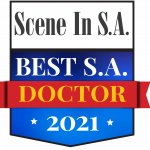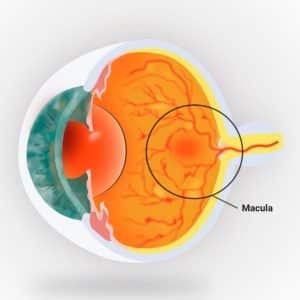
WHAT CAN YOU SPEND YOUR HSA ON?
Health savings account (HSA) funds must be spent on qualified medical expenses and can be used to pay for expenses not covered by your health insurance.
The Internal Revenue Service has guidelines defining qualified medical expenses. These include costs toward diagnosis, treatment or prevention of any illness or disease affecting any part of the body, including vision care.
Vision services and products covered by an HSA can include:
Eyeglass lenses
Prescription lenses, bifocals and progressive lenses are covered. You can also choose safety lenses or sports protection lenses. UV-protective, photochromic lenses (such as Transitions) and polycarbonate lenses are also included.
Sunglass lenses
Prescription sunglass lenses come in a wide variety of colors and types and are available with polarized, gradient and anti-reflective coatings.
All prescriptions can be accommodated, and some plans may cover non-corrective lenses — especially if a medical condition is causing light sensitivity. Styles specifically designed for sports protection are also an option.
Frames
Today’s eyeglass and sunglass frames are available in a wide variety of materials, styles and colors to suit everyone’s unique face shape, sense of fashion and budget.
Specialty frames are available to provide protection from injury, as well as wear outdoors, in front of the computer or while playing sports.
Contact lenses
Many types of contact lenses are available, including daily wear, extended wear and disposable.
Toric lenses, which correct for astigmatism, and bifocal or multifocal contacts are an option if you have presbyopia.
Accessories
Some HSAs also allow for the purchase of saline solution, contact lens cleaning fluid, eyeglass cleaner, wipes and even protective cases for your eyewear.
Vision surgery
Procedures ranging from cataract removal to glaucoma procedures are usually covered. LASIK and other corrective treatments may be covered as well.
Eye exams and screening
Comprehensive eye exams typically include refraction, as well as screening for glaucoma, cataracts and other potentially serious visual conditions.
Don’t neglect your vision — it’s a vital part of your health. If you’re due for an eye exam, be sure to check with your HSA provider to validate what is covered by your plan. Source: allaboutvision.com

 Previous Post
Previous Post Next Post
Next Post


